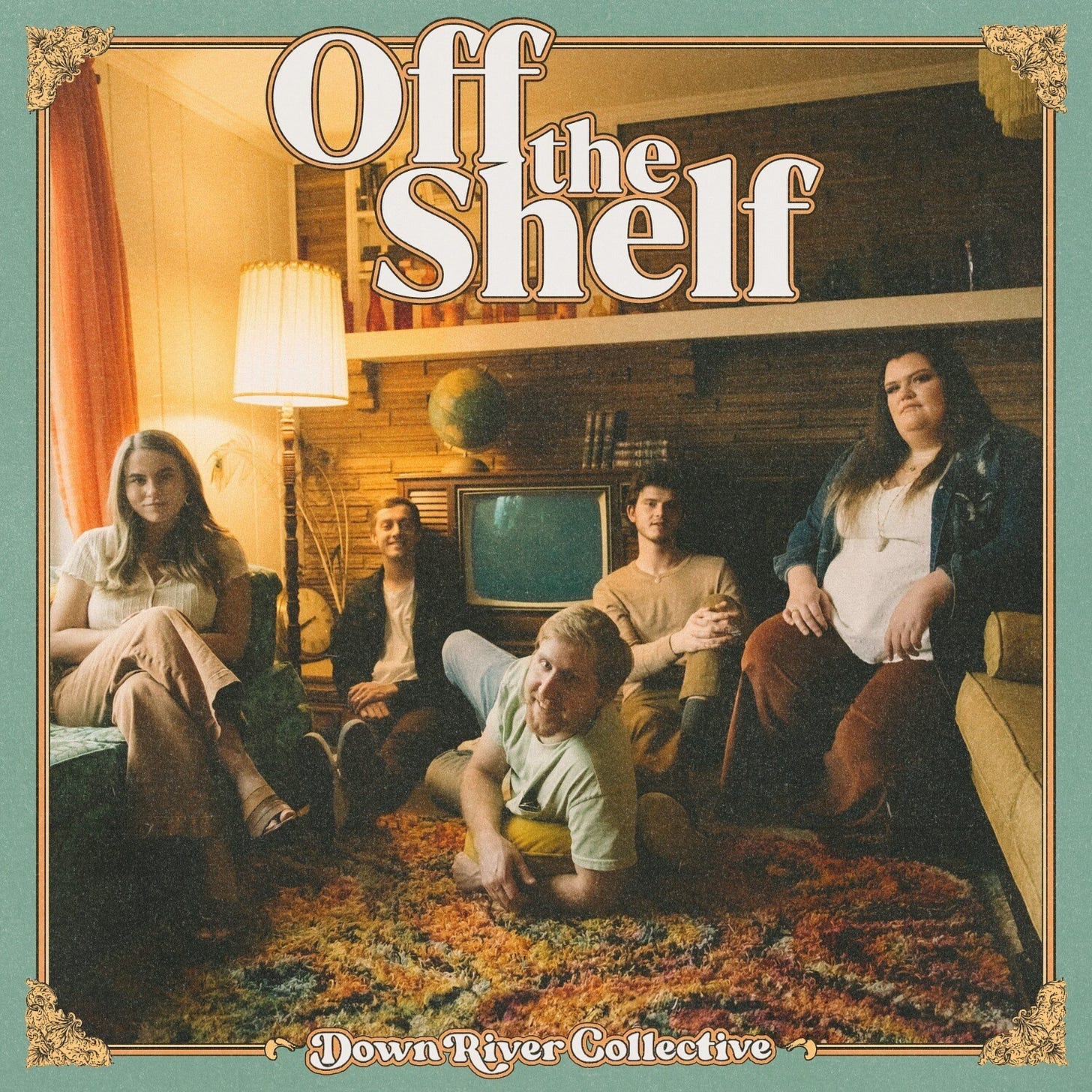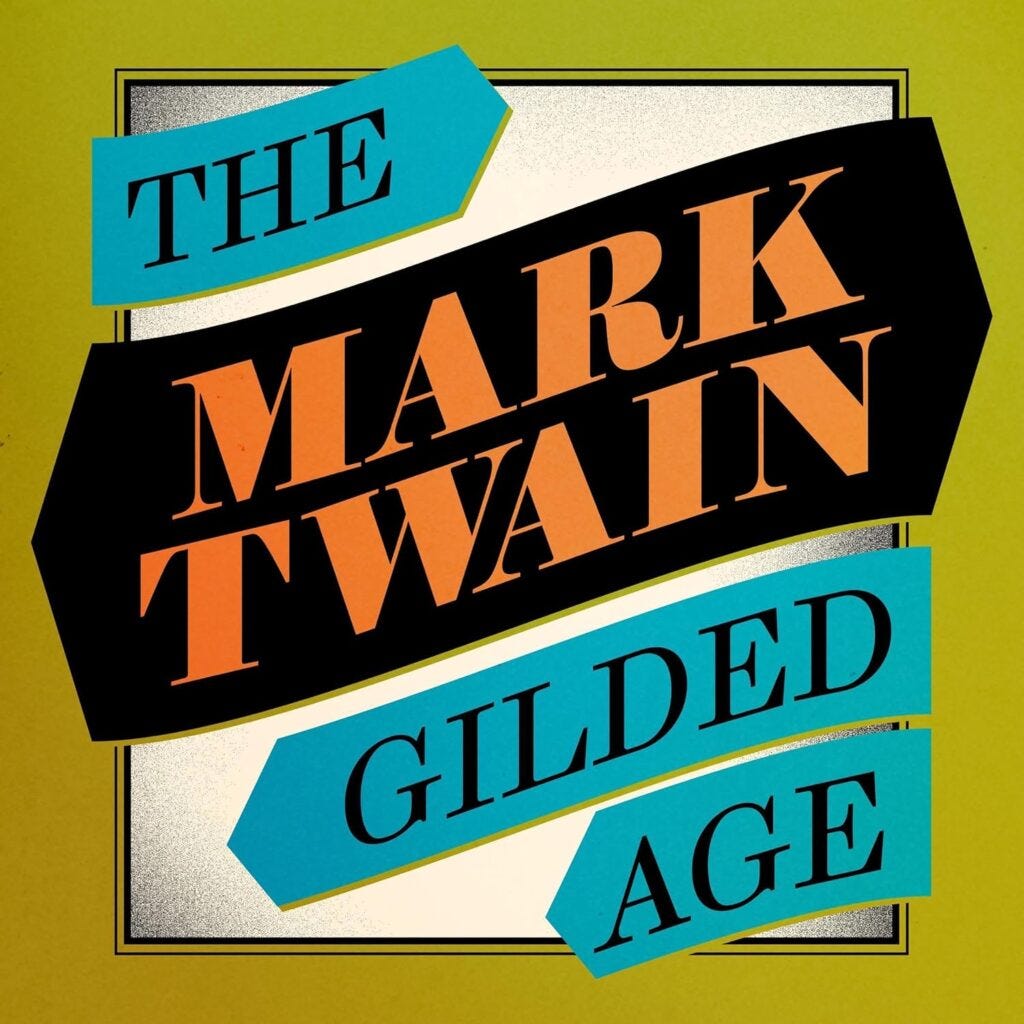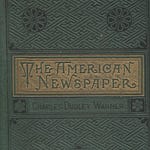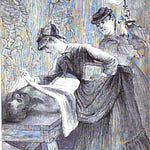Apple Podcasts | Spotify
A so-called Spreadsheet Man responds. Does the institutional turn have a distinctly feminine ethos? [27:30] How is it rooted in the Post45 Collective? [49:00] What are its debts to New Historicism and Marxist Literary Criticism? [69:00] And to Fredric Jameson? [84:30] And what has become of Economic Criticism? [94:00]
Cast (in order of appearance):
Brandon Taylor is the author of The Late Americans (Riverhead, 2023), Filthy Animals (2021), Real Life (2020), and the forthcoming Minor Black Figures (2025). He is the co-founding editor of Smith & Taylor Classics imprint. He teaches in the Creative Writing Program at New York University.
Dan Sinykin is the Winship Distinguished Research Professor of English at Emory University and the author of Big Fiction: How Conglomeration Changed The Publishing Industry & American Literature (Columbia UP, 2023). He is also co-editor of Close Reading For The 21st-Century (Princeton UP, 2025).
J. D. Connor is Associate Professor of Cinematic Arts in the Division of Cinema & Media Studies at University of Southern California. He is the author of The Studios After The Studios (Stanford UP, 2015) and Hollywood Math & Aftermath (Bloomsbury, 2018). He is also the author of the City of Industry blog.
Rachel Sagnar Buurma is Associate Professor of English at Swarthmore College and co-author of The Teaching Archive (U. Chicago, 2021)
Laura Heffernan is Professor of English at University of North Florida and co-author of The Teaching Archive (U. Chicago, 2021)
Alexander Manshel is Associate Professor of English at McGill University and the author of Writing Backwards (Columbia UP, 2023).
Fredric Jameson was the Knut Schmidt Nielsen Professor of Comparative Literature and Director of the Institute of Critical Theory at Duke University. For more about his work, I recommend the “Jameson at 90” series produced by Verso, his longtime publisher, including of his final book, The Years of Theory.
Matt Seybold is Associate Professor of American Literature & Mark Twain Studies at Elmira College, as well as resident scholar at the Center For Mark Twain Studies and executive producer of The American Vandal Podcast.
All music for this season of The American Vandal Podcast comes from the Tennessee-based roots ensemble DownRiver Collective. Most of the tracks come from their most recent EP, Off The Shelf. You can purchase it direct from the band here. It's also available on Spotify and Apple Music.
Excerpts from Mark Twain and Charles Dudley Warner's The Gilded Age come from the audiobook edition produced by SNR Audio and narrated by Nathan Osgood. Available at Audible, as well as other audiobook retailers. SNR has an extensive catalog of professionally-narrated adaptations of 19th-century Anglophone fiction, including The Complete Mark Twain Collection.
Nathan Osgood is an actor and voice artist who has being appearing in films, scripted television, video games, podcasts, and audiobooks since the mid-'90s. In 2018, he played Mark Twain in the Will Ferrell and John C. Reilly vehicle, Holmes and Watson.
Episode Bibliography:
Farah Bakaari et al. Mid Theory Collective
Katherine Bode, Reading By Numbers: Recalibrating The Literary Field (Anthem, 2012)
Pierre Bourdieu, Rules of Art: Genesis & Structure of The Literary Field (1992) [1996 Stanford UP English Translation]
Sarah Brouillette, Postcolonial Writers & The Global Literary Marketplace (Palgrave, 2007)
Rachel Sagner Buurma & Laura Heffernan, The Teaching Archive: A New History For Literary Study (U. Chicago, 2021)
Pacale Casanova, The World Republic of Letters (1999) [2004 Harvard UP English Translation]
Michelle Chihara & Matt Seybold, Routledge Companion to Literature & Economics (2018)
Sarah Chihaya et al. Slow Burn, Post45 Contemporaries
Sarah Chihaya, Merve Emre, Katherine Hill, & Juno Jill Richards, The Ferrante Letters: An Experiment in Collective Criticism (Columbia UP, 2020)
Jerome Christensen, America’s Corporate Art: The Studio Authorship of Hollywood Motion Pictures (Stanford UP, 2012)
J. D. Connor, Florence Dore, & Dan Sinykin, “Rebel Yale: Reading & Feeling Hillbilly Elegy” Los Angeles Review of Books (January 10, 2018)
Mark Garrett Cooper & John Marx, Media U: How The Need To Win Audiences Has Shaped Higher Education (Columbia UP, 2018)
Beth Driscoll, What Readers Do: Aesthetic & Moral Practices of a Post-Digital Age (Bloomsbury, 2024)
Friedrich Engels, Socialism: Utopian & Scientific (1880)
James F. English, The Economy of Prestige: Prizes, Awards, & the Circulation of Cultural Value (Harvard UP, 2008)
Bryant Morey French, Mark Twain & The Gilded Age: The Book That Named An Era (Southern Methodist UP, 1965)
Harold Garfinkel, Studies In Ethnomethodology (Cambridge UP, 1984)
Claire Grossman, Juliana Spahr, & Stephanie Young, “The Index of Major Literary Prizes in the U.S.” Post45 Data Collective (2022)
Claire Grossman, Juliana Spahr, & Stephanie Young, “Who Gets To Be A Writer?” Public Books (April 15, 2021)
John Guillory, Cultural Capital: The Problem of Literary Canon Formation (U Chicago P, 1993) [30th Anniversary Edition]
Oliver Wendell Holmes, The Autocrat of The Breakfast-Table (1858)
Jennifer Holt, Empires of Entertainment: Media Industries & The Politics of Deregulation, 1980-1996 (Rutger UP, 2011)
William Dean Howell, Venetian Life (1866)
Fredric Jameson, The Geopolitical Aesthetic: Cinema & Space In The World System (Indiana UP, 1995)
Fredric Jameson, The Political Unconscious: Narrative As A Socially Symbolic Act (Cornell UP, 1981)
Fredric Jameson, “Metacommentary” PMLA (January 1971)
Fredric Jameson, “Spacial Systems in North By Northwest” in Everything You Always Wanted To Know About Lacan (But Were Afraid To Ask Hitchcock) (1999)
Fredric Jameson, Marxism & Form (Princeton UP, 1974)
Fredric Jameson, “Postmodernism & The Consumer Society” [Original Version, 1983], revised and extended version published as first chapter of The Cultural Turn (Verso, 1998)
Fredric Jameson, “Reification & Utopia in Mass Culture” Social Text (Winter 1979)
Fredric Jameson, Postmodernism, or, The Cultural Logic of Late Capitalism (Duke UP, 1992)
Leigh Claire La Berge, Fake Work: How I Began To Suspect Capitalism Is A Joke (Haymarket, 2025)
Christian Lorentzen, “Literature Without Literature” Granta (July 2024)
György Lukács, The Historical Novel (1937) [1983 University of Nebraska Edition]
Karl Mannheim, Ideology & Utopia (1929)
Alexander Manshel, Writing Backwards: Historical Fiction & The Reshaping of The American Canon (Columbia UP, 2023)
Alexander Manshel, “How Historical Fiction Redefined The Literary Canon” The Nation (September 11, 2024)
Alexander Manshel, “The Rise of the Recent Historical Novel” Post45 (September 29, 2017)
Alexander Manshel & Melanie Walsh, "What 35 Years of Data Can Tell Us About Who Will Win The National Book Award" Public Books (November 6, 2023)
Karl Marx & Friedrich Engels, The German Ideology (1932)
Laura B. McGrath, “America’s Next Top Novel” (Post45: Contemporaries, April 8, 2020)
Laura B. McGrath, Middlemen: Literary Agents & The Making of American Literature (Princeton UP, TBD)
Laura B. McGrath, “Literary Agency” (American Literary History, Summer 2021)
Mark McGurl, The Program Era: Postwar Fiction & The Rise of Creative Writing (Harvard UP, 2011)
Ismail Muhammad, “Can Black Literature Escape The Representation Trap?” New York Times Magazine (October 13, 2022)
Simone Murray, The Digital Literary Sphere: Reading, Writing, & Selling Books in the Internet Era (Johns Hopkins UP, 2018)
Mary Poovey, Genres of The Credit Economy: Mediating Value in 18th- & 19th-Century Britain (U. Chicago, 2008)
Mary Poovey, A History of Modern Fact: Problems of Knowledge in The Sciences of Wealth & Society (U. Chicago, 1998)
Ignacio Sanchez Prado, Naciones Intelectuales: Las Fundaciones De La Modernidad Literaria Mexicana, 1917-1959 (Purdue UP, 2009)
Janice Radway, Reading the Romance: Women, Patriarchy, & Popular Literature (UNC Press, 1984) [2009 Updated Edition]
Matt Seybold, “The End of Economics” Los Angeles Review of Books (July 3, 2017)
Matt Seybold, “Keynes & Keynesianism” in Routledge Companion to Literature & Economics (2018)
Matt Seybold et al, “The Historical Novel” The American Vandal Podcast (October 18, 2024)
Matt Seybold, Dan Sinykin, & Joanna Winant, “Close Reading, Conglomerate Authorship, & Qween Danielle Steel” The American Vandal Podcast (January 1, 2024)
Jacinta Saffold, “The Essence Book Project”
Dan Sinykin, Big Fiction: How Conglomeration Changed The Publishing Industry & American Literature (Columbia UP, 2023)
Dan Sinykin, American Literature & The Long Downturn: Neoliberal Apocalypse (Oxford UP, 2020)
Dan Sinykin, “Fuck The Poetry Police: On the Index of Major Literary Prizes in the United States” Los Angeles Review of Books (January 9, 2023)
Dan Sinykin & Richard Jean So, “Has The DEI Backlash Come For Publishing?” The Atlantic (June 19, 2024)
Richard Jean So & Gus Wezerek, “Just How White Is the Book Industry?” The New York Times (December 11, 2020)
Hippolyte Taine, Notes On England (New York: Holt & Williams, 1872)
Brandon Taylor, “Is it even good?” London Review of Books (April 4, 2024)
Mark Twain & Charles Dudley Warner, The Gilded Age: A Tale of Today (1873) [2006 Modern Library Edition]
Charles Dudley Warner, “Backlog Studies” Scribner’s Monthly (May 1872)
David Wellbery, Lessing’s Laocoon: Semiotics & Aesthetics in The Age of Reason (Cambridge UP, 1984)
Nathan Wolff, Not Quite Hope & Other Political Emotions In The Gilded Age (Oxford UP, 2019)
Various Editors, “Too Much Sociology” n+1 (Spring 2013)















Share this post